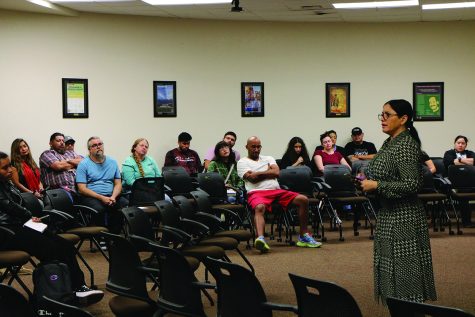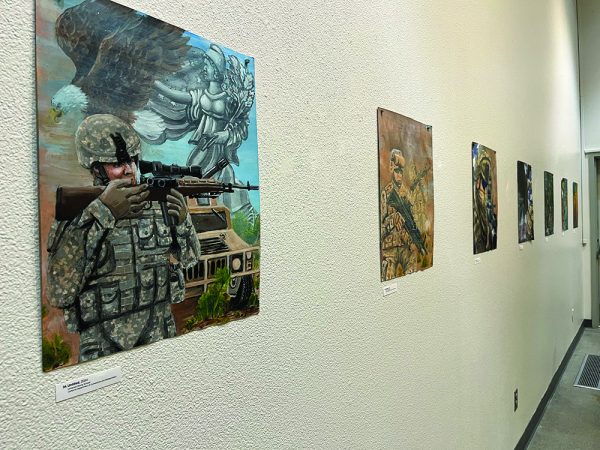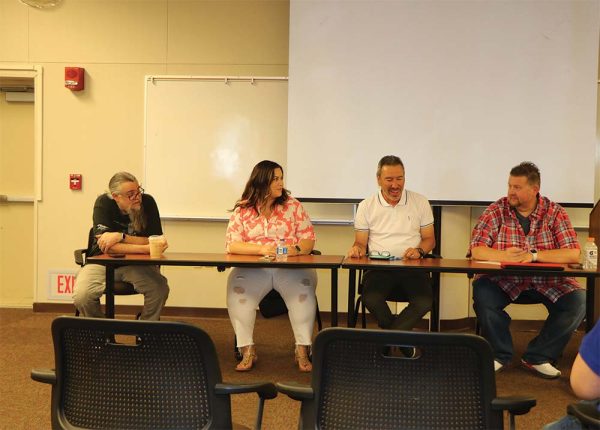Karina Alma gives emotional speech at BC
October 11, 2022
Karina Alma, a UCLA Professor of Chicana/o Studies was invited to share her research and thoughts on Central Americans in the United States in an event on Oct. 6 at BC’s Levan Center.
Alma, who was born in El Salvador and grew up in Westlake and Pico Union areas in Los Angeles, spoke about the seven countries that make up Central America and are also used as the separation marker between the Caribbean Sea and the Pacific Ocean. Panama is a country in Central America that connects south and north America together as Alma mentioned. Panama has made conservative efforts to rededicate Panama into accepting Central America as it holds the longest history with the United States of America.

After gaining independence from Spain in the 1820s, Guatemala had a long history of government by authoritarian rule and military regimes until it came under democratic rule in 1985. Starting in 1954, Guatemala’s governments faced formidable guerrilla opposition that sparked a civil war that lasted for 36 years until peace accords were signed in 1996. Alma also mentioned Black people were sent to Guatemala and all of them were slaves.
Alma explained it surprised her that people didn’t know about Central America’s history. She summarized her own stories of researching and studying Central America. She never had the chance to uphold her knowledge about her culture and history from elementary to high school, high school to graduation.
Recalling her struggle for her people’s rights made Alma emotional. She added a story of her daughter asking, “Why we are called Central Americans, why not Americans?”
She replied to her daughter: “That dictates where we belong”.
Alma ended the lecture by sharing happiness, knowledge, and positive thoughts and learning more about Hispanic culture in Central America.









